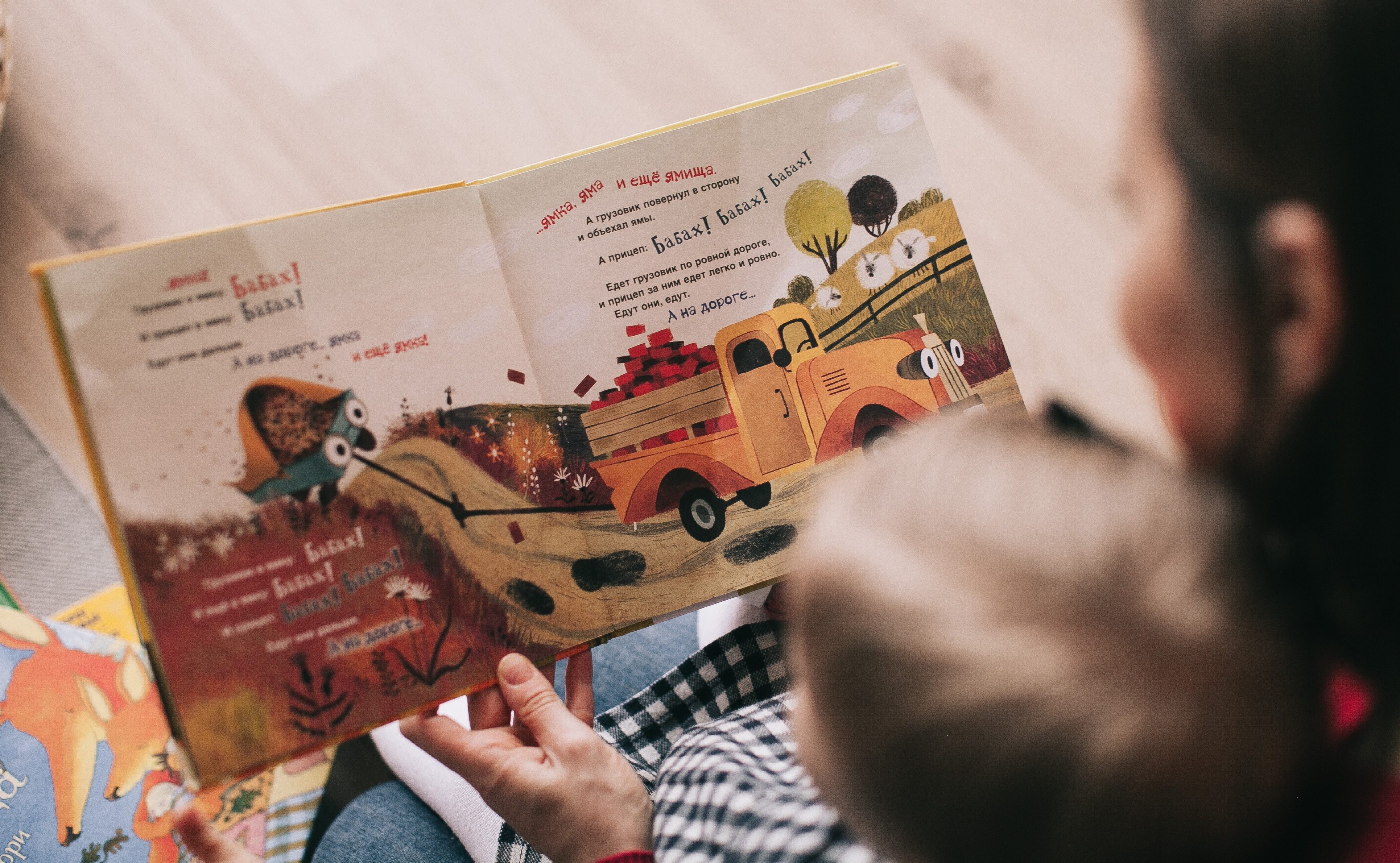My parents had a wonderful practice of asking questions during dinner. They enjoyed getting us to think about topics and issues through conversation. I remember one question in particular; one that was asked the night before the start of another school year.
What do you think you are going to discover at school this year?
What in the world did my Dad mean when he asked about discovery? I wasn’t going to school to uncover or invent anything. Rather, I was going to school to learn what the teachers taught.
My siblings must have been just as confused as me because they also sat silently. So Dad asked again, “What will you discover at school this year?”
My brother piped up. “Dad, school is not about discovering. It is about learning what we are taught.”
This opened the door for an important lesson from dear old Dad. “Kids, you have the ability to think and choose. A smart student is more than a sponge at school that soaks up whatever the teacher says. I want you to really think about what you read and discuss this year so that you can discover the significance behind the facts. I want you to investigate the meaning of what you learn so you can make wise choices.”
Whoa – that was pretty heavy stuff to digest. Dad expected us to step it up during this academic year and engage in the subject matter. He wanted us to do more than accumulate data and details. He wanted us to uncover the purpose of our education; to find the truth and choose the good.
The table discussion that night was more lively than usual. Mom and Dad told stories of what it meant to discover rather than “just” learn. They shared how the learning was more interesting and exciting when the goal was to find something new about God’s creation. They made the new school year look attractive and dare I say it, enjoyable.
Why do I bring up this childhood memory at the beginning of a new school year? You might think that I am trying to encourage you to sit down as a family for meals more often. (Good idea – though it is not the primary point of this article.) Or you might reason that I’m suggesting you regularly pose questions for family discussion. (Another great idea – that is still not the main point.) The purpose here is to highlight a basic truth about each of us: we have the capacity to discover.
Isn’t it amazing that God gave us the ability to discover? Discovery – the ability to uncover what is right, to pursue the truth and meaning behind all things – is something we are created to do. We are designed to go beyond basic learning and to delve into the “whys” and “hows” of everything. We are intended for analysis and reflection; for questioning and debate; for appreciation and contemplation. God made us thinkers so that we can discover who we are and why we are here.
Highlighting this basic truth – that God created us to discover who we are in relationship to him and the world – reframes the purpose of an academic year. It shifts the focus from gaining and retaining information to using knowledge for a higher purpose. It motivates us to think about the quality of our thoughts and to work towards self-discipline, self-restraint, and self-correction. It turns learning from something external to something internal.
My parents changed my perceptions about school and learning that evening. They helped me see that sitting in my desk for a year was supposed to help me become the person that God wanted me to be. They guided me to accept my responsibility to be an active learner; one that would engage, ask questions and critically think each and every day.
Can you do the same for your kids this year?
Discover God’s Goodness in September
Here are a few simple steps to help you reframe your child’s thinking for the coming school year. These can work with children in almost every grade. Remember, the goal is to discover God’s goodness through the learning process.
Question and listen. Kudos to all parents who take the time each day to ask good questions of their children and also listen to the full answer. A good question requires more than a yes or no response. It opens the mind of the child to give you details. Some of my favorite questions include; what do you think about…; help me understand…; what would happen if you…; what do you think God wants you to know about… When asked well, your question can lead into a great discussion.
Let them teach you a thing a two. Develop a habit of asking your kids to teach you what they learned at school. This will help them plan, organize and clearly share a lesson with you.
Read with your kids. It is so worth it to pull the plug on YouTube videos and other electronics and choose a book to read. Reading together gives everyone a chance to imagine the details of the story in their own way – stimulating everyone’s creativity is an easy way to fuel richer thinking.
For more parenting wisdom, visit Teaching the Way of Love at www.twl4parents.com.

